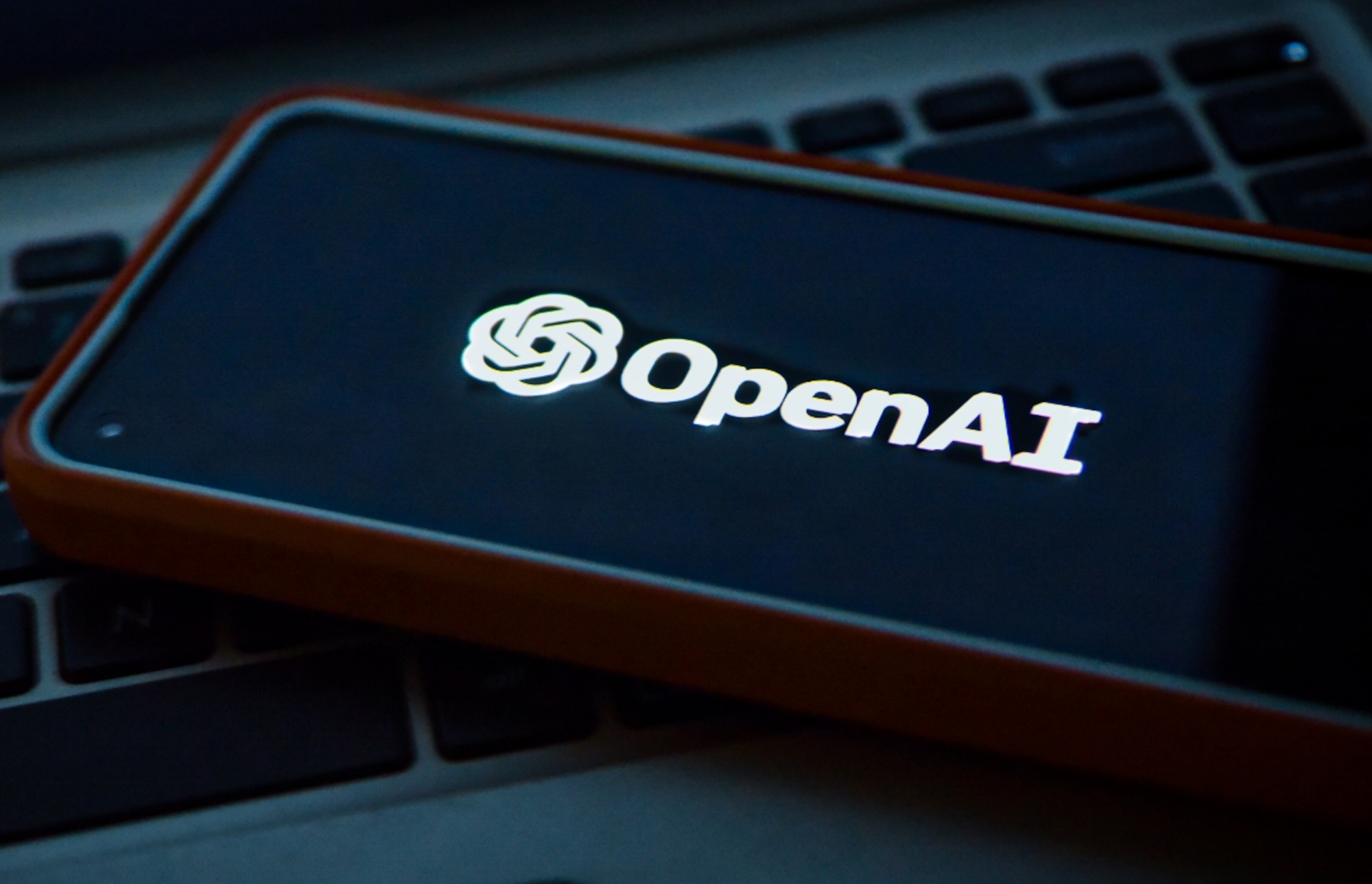FTC Probe Into OpenAI: Examining ChatGPT's Data Practices And User Privacy

Table of Contents
ChatGPT's Data Collection Practices: What Information is Being Collected?
ChatGPT, like many AI models, relies on vast amounts of data to function. Understanding what data OpenAI collects is crucial for evaluating its data privacy policy and the potential risks to users. OpenAI's data collection practices extend to various user interactions with ChatGPT. This includes:
- User inputs and prompts: Every question, command, or piece of information you input into ChatGPT is recorded.
- Generated responses: ChatGPT's responses, tailored to your input, are also stored.
- User IDs and IP addresses: These identifiers can potentially be linked to individual users, raising concerns about tracking and profiling.
- Conversation history: A complete record of your interactions with ChatGPT is maintained, providing a detailed picture of your queries and interests.
- Metadata related to usage patterns: This includes information such as the frequency of use, duration of sessions, and types of prompts used. This metadata can be used to analyze user behavior and improve the model.
The legal basis for this data collection is often cited as "consent" – users implicitly agree to these practices by using the service. However, the transparency of OpenAI's data collection policies has been questioned, with critics arguing that the information provided isn't readily accessible or easily understandable to the average user. The lack of clarity around ChatGPT data collection raises concerns about OpenAI transparency and the potential for misuse of this collected information.
User Privacy Concerns and Potential Risks
The extensive data collection practices of ChatGPT raise several significant user privacy concerns. The potential risks include:
- Data breaches: A security breach could expose vast quantities of user data, including personal information and sensitive details shared in conversations. This could lead to identity theft and financial fraud. The potential for an AI data security breach is a significant concern.
- Profiling and discrimination: The data collected can be used to create detailed user profiles, potentially leading to discriminatory practices. For example, algorithms trained on biased data could perpetuate unfair treatment.
- Unauthorized access and misuse of information: There's always a risk of unauthorized access to user data, either through hacking or internal breaches. Misuse of this information could have serious consequences.
- Lack of control over personal data: Users often have limited control over how their data is used and shared. This lack of agency contributes to concerns about ChatGPT privacy risks.
OpenAI claims to implement various security measures to protect user data, but the effectiveness of these measures remains under scrutiny. The possibility of re-identifying individuals from anonymized data adds another layer of complexity to the privacy discussion.
The FTC Investigation and its Potential Implications
The FTC's investigation into OpenAI is a significant development, signifying increasing regulatory interest in AI's impact on data privacy. The FTC is likely investigating whether OpenAI's data practices comply with consumer protection laws. Potential violations could lead to significant legal consequences, including:
- Fines and penalties: OpenAI could face substantial financial penalties for non-compliance.
- Changes to OpenAI's data practices and policies: The FTC could mandate changes to OpenAI's data handling procedures to better protect user privacy.
- Increased regulation of AI development and deployment: The investigation could trigger more stringent regulations for the entire AI industry, potentially impacting the development and deployment of new AI technologies.
- Increased scrutiny of other AI companies: The outcome of the investigation will likely set a precedent for other AI companies, leading to increased scrutiny of their data practices.
The investigation will likely consider relevant legal frameworks such as the GDPR (General Data Protection Regulation) in Europe and the CCPA (California Consumer Privacy Act) in the United States, setting a global standard for AI data protection laws.
Best Practices for Protecting Your Privacy When Using ChatGPT
While OpenAI's data practices are under scrutiny, users can take proactive steps to minimize their privacy risks when using ChatGPT:
- Review OpenAI's privacy policy carefully: Understand what data is collected, how it's used, and with whom it's shared.
- Avoid sharing sensitive personal information in prompts: Refrain from inputting any sensitive data such as financial details, medical records, or personally identifiable information.
- Use strong passwords and enable two-factor authentication (if available): Strengthen your account security to prevent unauthorized access.
- Be mindful of the information you share in conversations: Think twice before sharing anything you wouldn't want to be publicly known.
By following these best practices, users can contribute to enhancing their ChatGPT safe use and minimize data risk.
Conclusion: Understanding the FTC Probe into OpenAI and Protecting Your Data
The FTC's investigation into OpenAI's data practices highlights the critical importance of responsible data handling in AI development. The investigation's outcome will significantly impact the future of AI regulation and the way AI companies handle user data. ChatGPT data privacy and OpenAI user privacy are at the forefront of this discussion. The potential risks associated with ChatGPT's data collection practices underscore the need for greater transparency and stronger user protections. Stay informed about the FTC's investigation and take proactive steps to protect your privacy when using ChatGPT and other AI tools. Understanding OpenAI's data practices and adopting responsible AI use is crucial for safeguarding your personal information in this rapidly evolving technological landscape.

Featured Posts
-
 Mlb Injury News Yankees Vs Brewers Series March 27 30
May 11, 2025
Mlb Injury News Yankees Vs Brewers Series March 27 30
May 11, 2025 -
 Gatsbys Inspirations Exploring The Real Men Behind The Fictional Character
May 11, 2025
Gatsbys Inspirations Exploring The Real Men Behind The Fictional Character
May 11, 2025 -
 Lowrys Encouraging Words For Mc Ilroy Post Masters Highlight Their Strong Bond
May 11, 2025
Lowrys Encouraging Words For Mc Ilroy Post Masters Highlight Their Strong Bond
May 11, 2025 -
 Get Your Tickets Tales From The Track
May 11, 2025
Get Your Tickets Tales From The Track
May 11, 2025 -
 Jessica Simpson Hennes Kontroversiella Orm Sperma Diet
May 11, 2025
Jessica Simpson Hennes Kontroversiella Orm Sperma Diet
May 11, 2025
